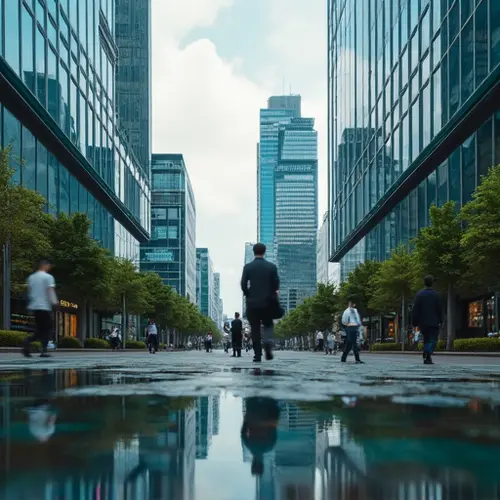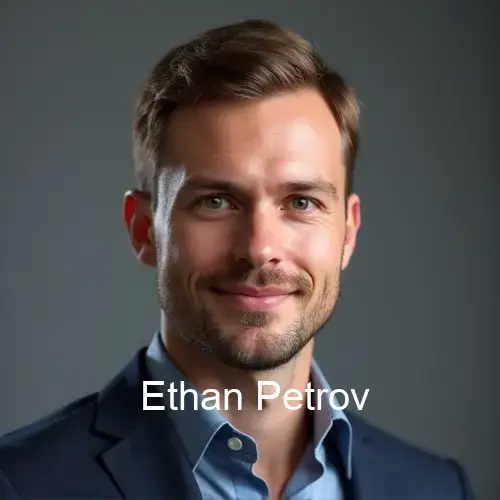
The Rise of Renewable-Powered Smart Cities
Globally, cities are being built from scratch with integrated renewable energy systems and artificial intelligence at their core. These urban developments represent a revolutionary approach to sustainability, combining solar, wind, and geothermal power with AI-driven management systems.
Rio's AI City Project
At the recent Web Summit Rio 2025, Brazil unveiled its "Rio AI City" initiative - a model urban development powered entirely by clean energy. The project uses machine learning to optimize energy distribution from its solar arrays while managing traffic flow, waste systems, and public services through centralized AI coordination. As Mayor Carlos Oliveira stated: "We're creating living laboratories where technology serves sustainability."
Los Angeles Leads in Green Transition
Meanwhile, Los Angeles advances its SmartLA 2028 plan targeting 55% renewable energy by 2025. The city integrates AI across its infrastructure, from optimizing public transit routes to managing water conservation systems. Energy Department reports show these innovations have already reduced carbon emissions by 28% since 2022.
Key Urban Development Trends
Urban planners identify six transformative trends shaping future cities:
Decarbonization
Cities are transitioning to net-zero emissions through renewable microgrids and electric transportation networks. Over 700 cities globally have committed to carbon neutrality by 2050.
Digitalization
AI and IoT sensors create responsive urban nervous systems. Rio's project uses real-time data from 50,000 city sensors to predict maintenance needs before failures occur.
Decentralization
Distributed renewable systems increase resilience. Neighborhood solar grids and local water recycling reduce dependency on centralized utilities.
Challenges and Opportunities
While promising, these developments face hurdles including data privacy concerns and ensuring equitable access. As urban expert Dr. Lena Schmidt notes: "The true test is whether these technologies serve all citizens, not just the privileged." Nevertheless, these renewable AI cities represent our most promising blueprint for sustainable urban futures.

 Nederlands
Nederlands English
English Français
Français Deutsch
Deutsch Español
Español Português
Português








